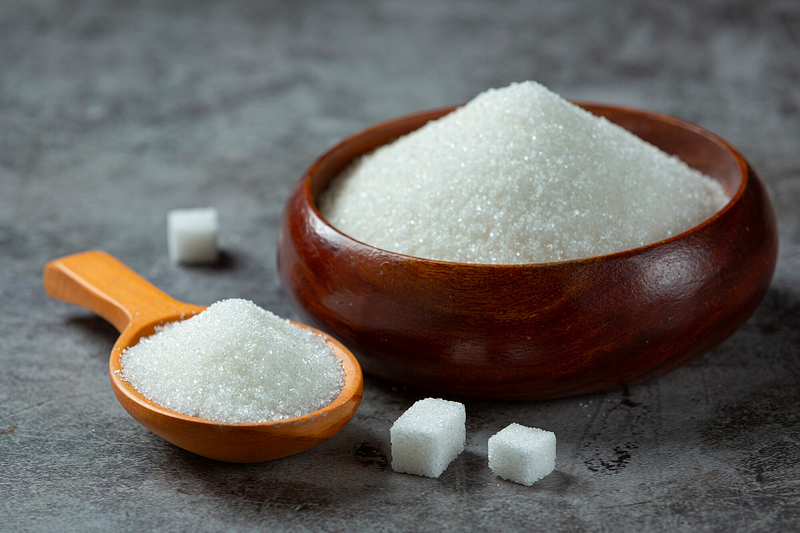Leaky gut syndrome, a condition where the intestinal lining becomes compromised, can lead to a myriad of health issues.
Understanding the factors contributing to this phenomenon is crucial for those seeking a natural path to healing.
Here are some commonly asked questions about leaky gut syndrome:
- “What is leaky gut?”
- “What is the main cause of a leaky gut?”
- “What deficiency causes leaky gut?”
- “What are some symptoms of leaky gut?”
- “What are the 5 warning signs of leaky gut?”
In this blog post, we’ll delve into the 5 reasons you may have leaky gut syndrome and explore practical steps to restore gut health.

1. Antibiotics On Your Plate
The primary source of antibiotics going into your system might surprise you — it’s not the prescribed medications, but the food on your plate.
Meat and dairy products, unless sourced organically, often contain antibiotics.
These antibiotics can wreak havoc on your gut, contributing to leaky gut syndrome.
To counter this, consider opting for natural, organic alternatives.
Cleaning up your diet by choosing antibiotic-free meats and organic dairy products is a foundational step towards restoring gut health.

2. The Drug Dilemma
Drugs, especially antibiotics, play a significant role in damaging the delicate balance of the gut microbiome.
While it’s advisable to minimize drug intake whenever possible, sometimes medications are unavoidable.
In such cases, the key is to be proactive about counteracting potential damage.
After a course of antibiotics, replenish your gut flora with high-dose probiotics or incorporate nutrient-rich greens into your diet.
This proactive approach can help lessen the adverse effects of drugs on your gut.

3. Sugar and Gluten: Partners in Gut Crime
Sugar’s impact on our health is often underestimated, but it takes center stage in the discussion about leaky gut syndrome.
The connection between sugar and gluten is crucial to understand.
Both contribute to the breakdown of the gut lining.
To safeguard your gut health, it’s recommended to eliminate sources of sugar and opt for organic grains and starches.
By doing so, you not only reduce the stress on your gut but also help minimize the risk of inflammation and damage associated with these dietary components.

4. Glyphosate: The Unseen Threat
The widespread use of pesticides, specifically glyphosate, adds another piece to the leaky gut puzzle.
Found in products like Monsanto Roundup, glyphosate poses a risk when it’s present on produce and grains.
Choosing organic options is important to avoid the buildup of glyphosate in the gut lining.
This step is crucial for preventing long-term damage and allowing the body time to naturally eliminate these harmful substances.

5. Dairy Dilemma and Sensitivity Testing
Dairy, while a staple for many, can be a double-edged sword for gut health.
The antibiotics present in non-organic dairy products, coupled with potential lactose sensitivity, make it a contributor to leaky gut syndrome.
Reducing dairy intake, especially the non-organic variety, is a good idea.
Additionally, understanding your body’s sensitivities through simple at-home tests, such as monitoring your heart rate after consuming certain foods, can provide valuable insights.
Prioritize addressing these food sensitivities as part of your holistic approach to healing.
Conclusion
In the journey towards healing from leaky gut syndrome, knowledge is your greatest ally.
Recognizing the sources of damage is the first step, and the next is taking intentional actions to help restore and maintain gut health.
By choosing organic, nutrient-dense foods, being mindful of drug intake, and eliminating sources of sugar and gluten, you empower your body to naturally heal from within.
The path to a healthy gut is paved with informed choices and a commitment to nurturing your body back to balance.













